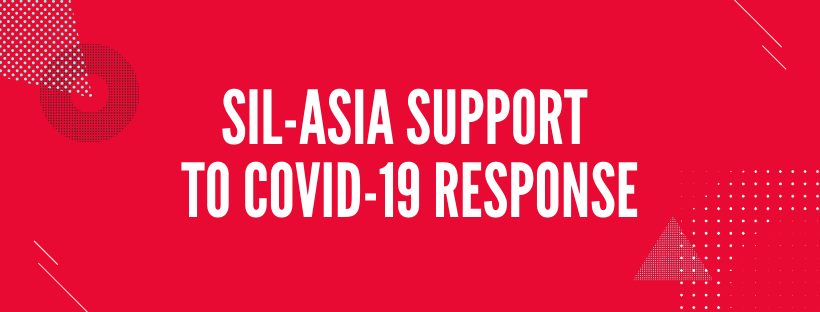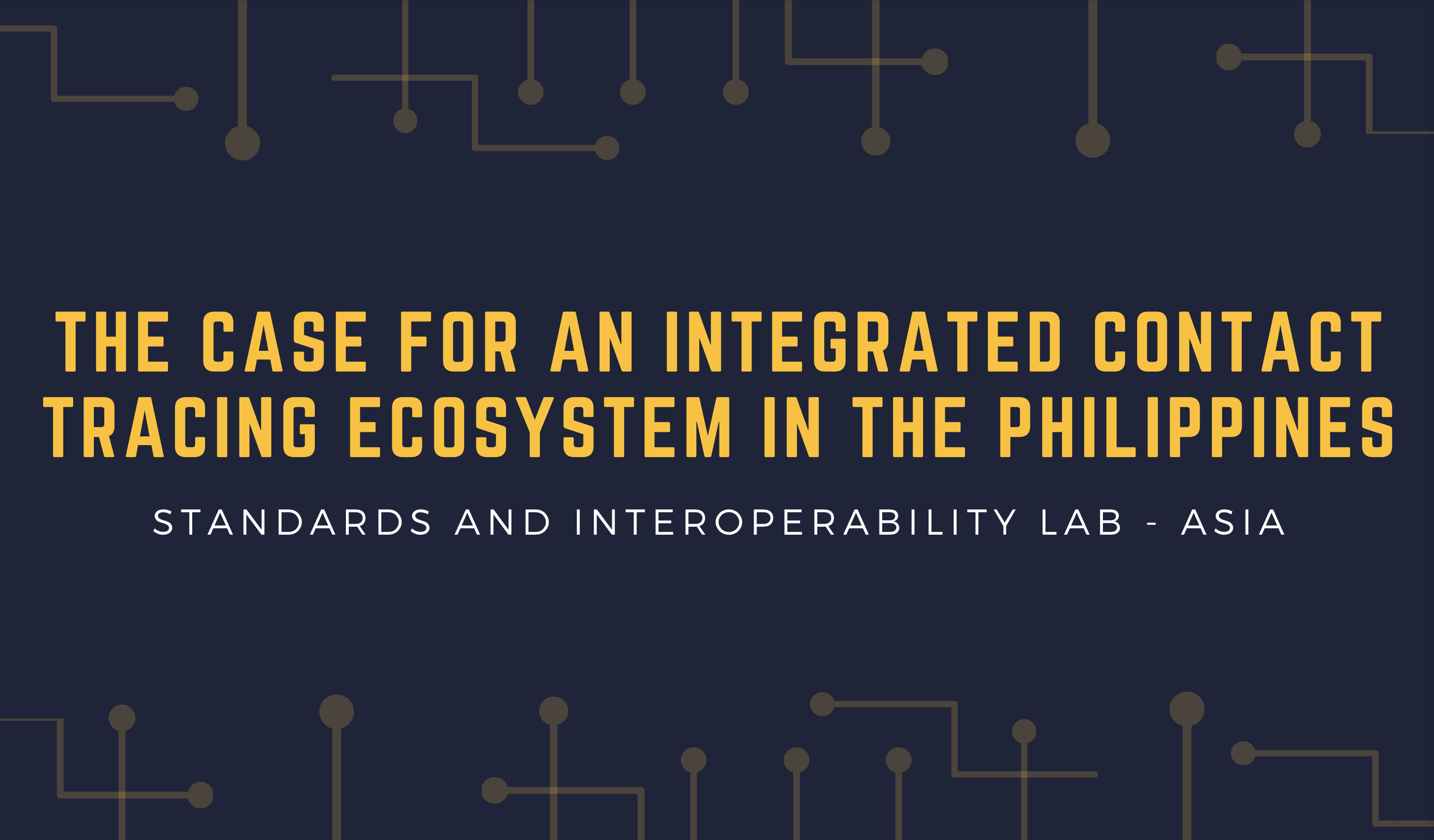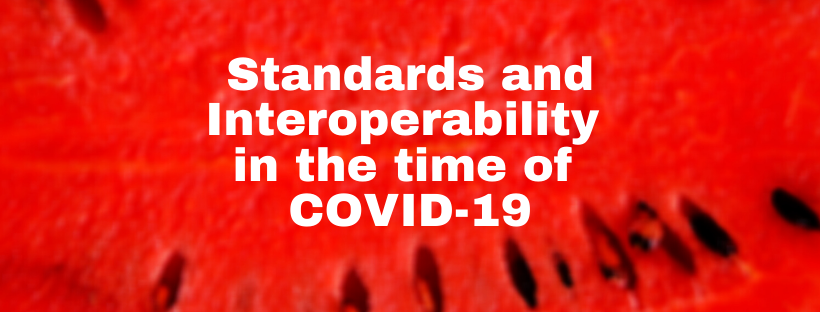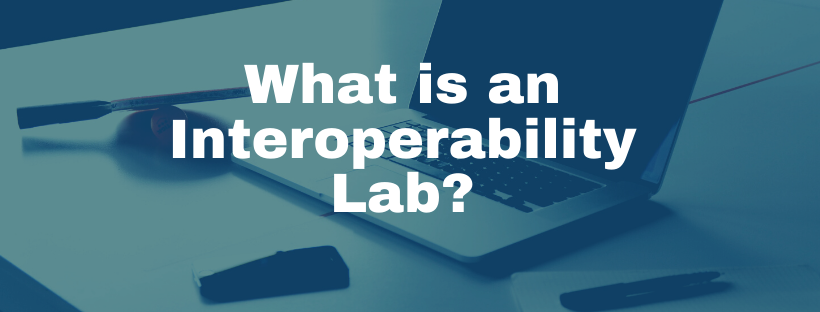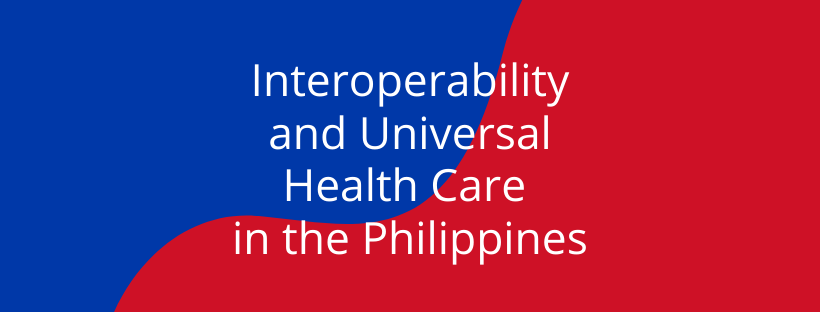Governments in Asia have been seeking the help of ICTs in one way or another to address the COVID-19 pandemic. In the Philippines, the COVID-19 Inter-Agency Task Force on Emerging Infectious Diseases (IATF), precisely the information and communications technology sub-working group (ICT SWG) on data governance, is working with the Standards and Interoperability Asia (SIL-Asia) for the end-to-end process and systems integration of various information systems in the COVID-19 ICT ecosystem.
As part of the project management team in the IATF ICT SWG on Data Governance, SIL-Asia has taken leadership roles to ensure that integration is fully delivered. SIL-Asia Technical Director, Philip Christian Zuniga is currently the Project Manager in Clinical Systems Integration. As a project manager, he is responsible for operationalizing the integration plan of the IATF ICT Task Force. SIL-Asia Clinical Lead, Dr. Raymond Francis Sarmiento is also the Lead for All – Systems Integration. As a lead, he is in charge of ensuring integration between the clinical and non-clinical systems in the ICT ecosystem.
Overall, SIL-Asia is currently driving the integration of information systems used to support COVID-19 response initiatives such as surveillance, testing, contact tracing, and clinical care, among others. Since May 2020, SIL-Asia is providing support in the integration of the various systems by:
Supporting the use of HL7 FHIR Standard in Systems Integration
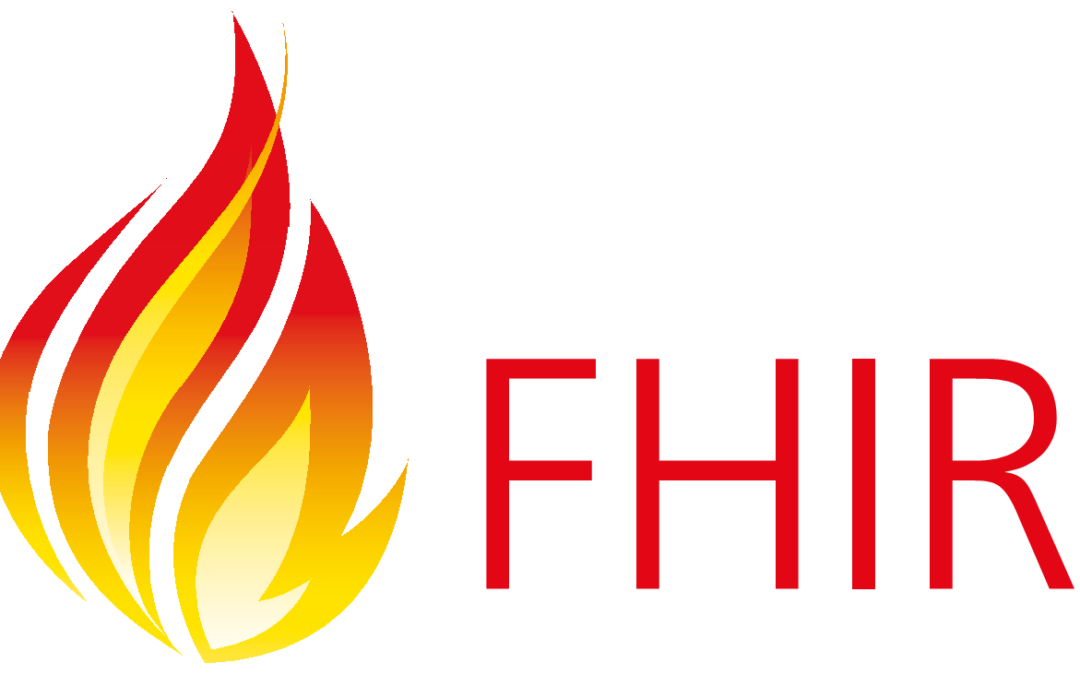
The lab has supported the use of HL7 FHIR by working with the various applications in the ecosystem and support their needs on FHIR use. For some of the applications, SIL-Asia has supported the testing and ensuring conformance to the FHIR API standards. SIL-Asia has also provided capacity building, and expert support for applications that are using HL7 FHIR for the first time. The Lab has also provided support in the setting up of various HL7 FHIR Data Warehouses in the ecosystem. The HL7 FHIR data warehouses are all using the HAPI FHIR server as base components.

Deployment of Integration Tools
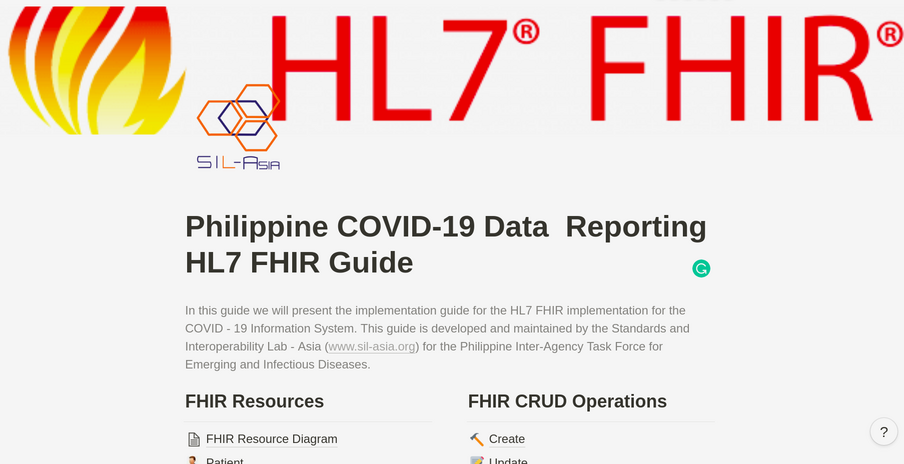
Aside from testing, capacity building and setting up of HAPI FHIR servers, SIL-Asia maintains the implementation guide to determine how FHIR resources should be used for COVID-19 data reporting in the Philippines. In line with this, the lab also developed the COVID Kaya – FHIR Data Dictionary, a reference guide for all applications connecting to COVID Kaya using HL7 FHIR. COVID Kaya is an application used by front liners to report COVID-19 cases.
Furthermore, SIL-Asia has developed a CSV upload tool, which converts CSV files to FHIR JSON files, and invokes the corresponding APIs. The SIL-Asia CSV – FHIR tool is being used to support the submission of COVID-19 data to the COVID Kaya database. Before this, all submissions to COVID Kaya were prepared manually. The tool has become valuable in the encoding of backlog data from the various RESUs.
Facilitating Interoperability Tests
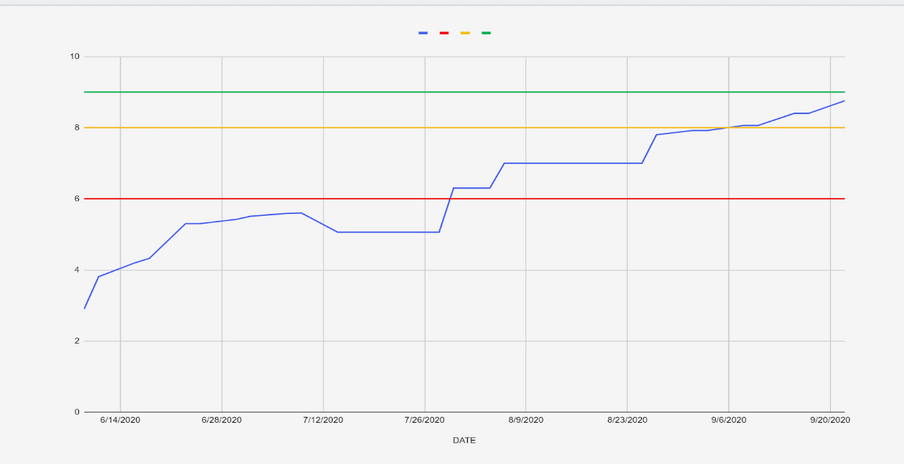
SIL-Asia verifies the capacity of systems to integrate with other systems by conducting interoperability tests. From a score of 2.0 (out of 10) last May 2020, SIL-Asia has driven the integration scorecard to the current score of 8.4. The target integration score is 9.0 (90% integrated) by the end of the month. SIL-Asia’s proposal is to use a single interface for all applications using open standards.
Part of facilitating interoperability tests is also the capacity-building with various laboratories and hospital information system implementers on standards use, specifically FHIR. These are held through webinars and video tutorials.
Today, SIL-Asia is currently driving the integration of all 29 LGU and contact tracing applications. Overall, innovations in ICT integration have pushed improvements in the speed by which data is encoded and validated. From eight to ten days, the specimen – confirmation time is now reduced to two-three days only. The challenge is to engage more LGUs and contact tracing apps to integrate with the COVID-19 ICT ecosystem.
SIL-Asia’s support to the Philippine IATF is sponsored by the Republic of Korea e-Asia and Knowledge Partnership Fund

